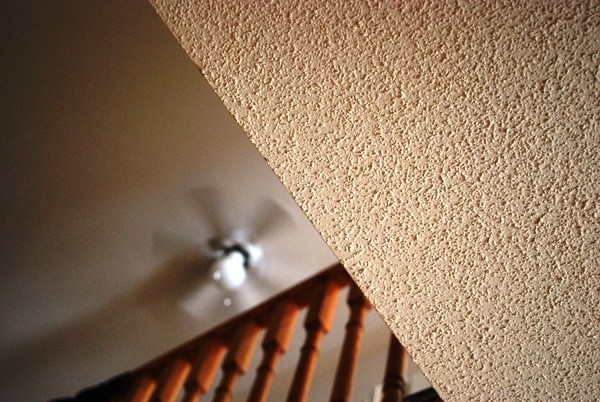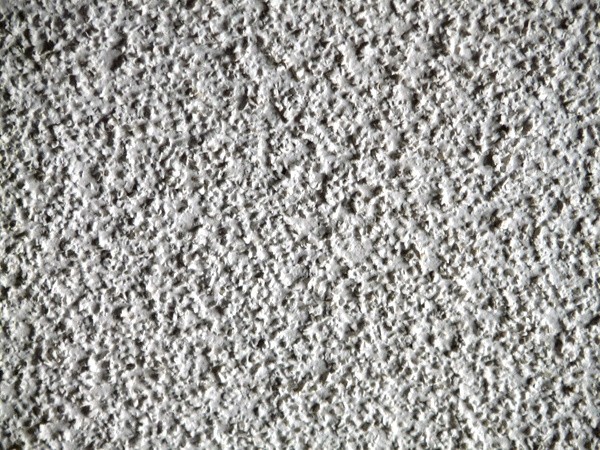
The walls, floor, and ceiling are vital parts that you need to look out for when buying a home. If you happen to have looked at a house built during the 20th century, you have likely seen it sporting popcorn ceilings.
Popcorn ceiling's popularity waned after it earned a bad reputation due to the banning of asbestos in 1977, which as a common binding ingredient used in this type of ceiling.
Today, popcorn ceilings are seen as outdated and unsightly. But what exactly are popcorn ceilings, and are they really so bad?
What are Popcorn Ceilings?
Popcorn ceilings - also called acoustic, stucco, or textured ceilings - were a popular type of finish in the mid-twentieth century. The spray-on technique applied to popcorn ceilings creates a finish that resembles cottage cheese. Popcorn ceilings help hide imperfections, adds a layer of fire-resistance, and help dampen noise.
Why Were They Popular?
Because it's way harder to make a smooth texture for ceilings, a rough, patchy texture became a trend. It became a common choice for bedrooms and hallways for its neat and textured look.
Some people also opted for these types of ceilings because of how they stopped reverberation in the room. These mainly acted as baffles. People who disliked the idea of painting or didn't have the time to do so, resorted to getting popcorn ceilings instead.
What Made Popcorn Ceilings Fall Out of Style?
Just like most trends, the popcorn ceiling also came to an end. But not in the manner that most other trends did. This is because were issues that soon arose from popcorn ceilings.
Apparently, an ingredient used in popcorn ceilings is actually dangerous to the health. This ingredient is asbestos, which gave popcorn ceilings the rough texture as well as reduced its flammability.

What is Asbestos?
Asbestos is a term used to describe a group of naturally occurring minerals composed of microscopic fibers. Aside from being used in popcorn ceilings, these were also a common choice for insulation and flooring.
According to the blf.org.uk, breathing in these fibers can damage the lungs. Some of the common illnesses one can get from inhaling asbestos are non-cancerous pleural diseases. This can also cause scarring in the lung tissue known as asbestosis.
Some patients are also found to have developed lung cancer in relation to asbestos. There are also cases where mesothelioma was found in patients. Mesothelioma is a type of cancer that mostly affects the linings inside the lungs.
Is It Safe to Live in a House with Popcorn Ceiling?
Not all popcorn ceilings contain asbestos, though. But if your home happened to have been built pre-1977, you may want to hire a professional who will sample and test for the presence of asbestos.
Popcorn ceilings have a good and bad side. If the popcorn ceiling material that contains asbestos stays intact to the surface, there is minimal risk of inhalation. The danger is when the materials are shaken or disturbed.
Read next: 4 Ways to Declutter Your Outdoor Space



